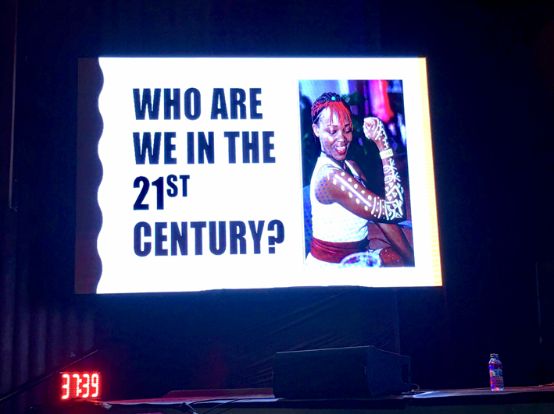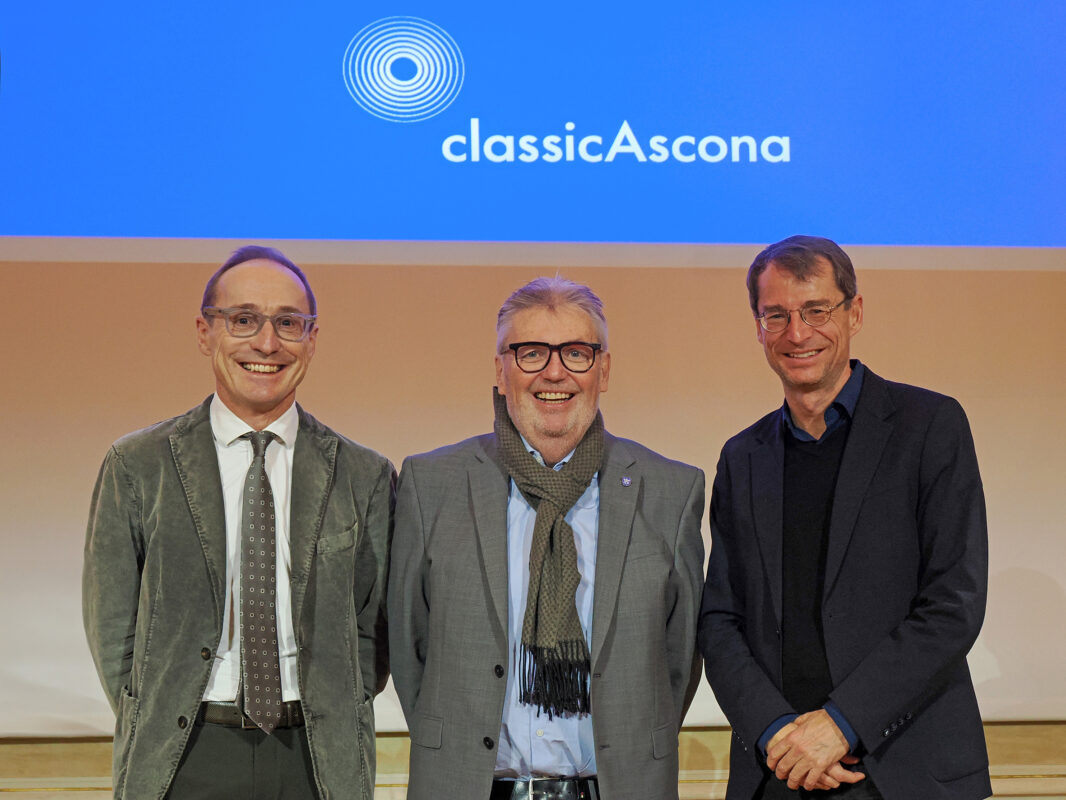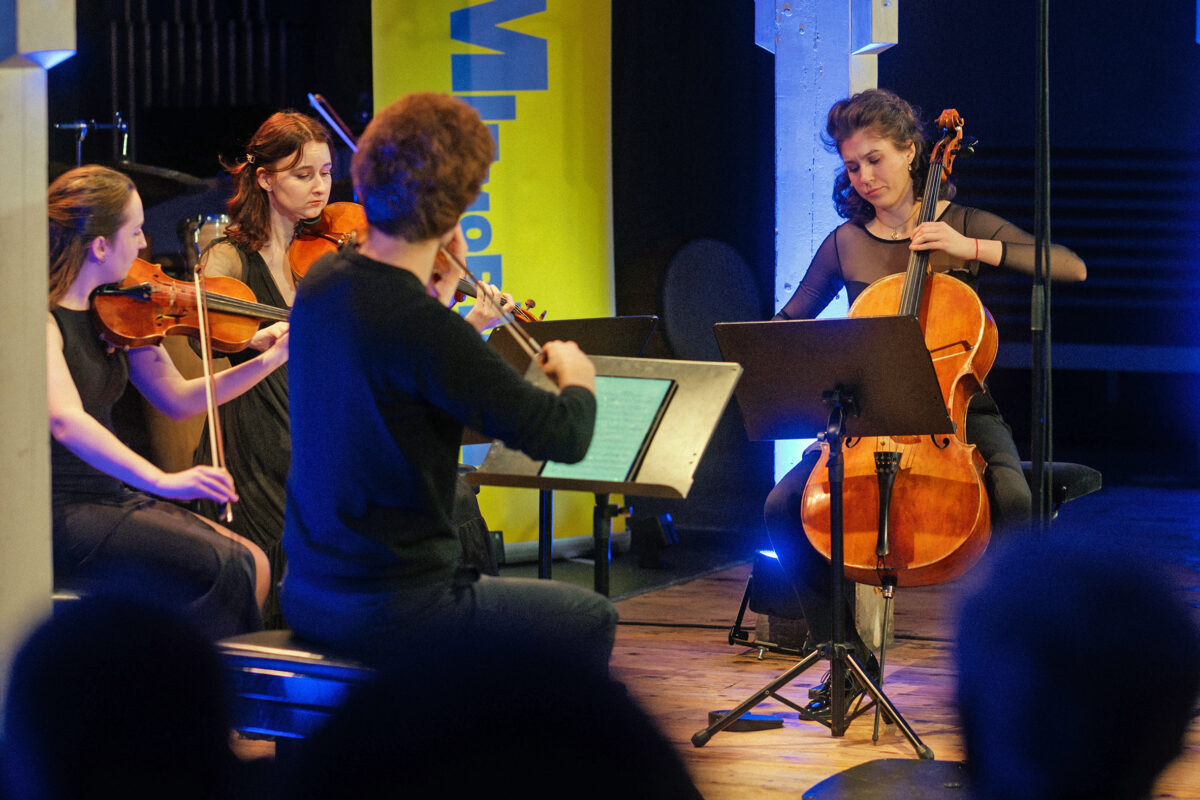African music and the European view
The pan-African music congress Acces in Nairobi gave an insight into the cultural self-discovery process that post-colonial Africa is undergoing today. It was an inner-African discourse in which Europe was at best a marginal note.

Musically speaking, Africa is an El Dorado of rhythms, but women percussionists are still a rarity. But just such a woman now sat at the pan-African music congress Acces in Nairobi on the podium: Kasiva Mutua from Kenya. The dark-skinned power woman answered the question she posed herself: "Who are we in the 21st century?" However, she was not just referring to women, whose fight for equal rights is tougher here than in Europe. She was also looking at the identity of people in African societies caught between tribal culture and globalized modernity and the role that music can play in this difficult process of self-discovery.
Like many of today's young people, Kasiva Mutua migrated from the village to the city and is one of the few who have made a career here. She wants to bring the culture in which she grew up into the new, urban-media environment and is aware that the function and sound of the instruments will change in the process: "This is African fusion. Tradition merges with modern style." The use of electronics further complicates this process. "This raises the question: isn't it better to sample the drums right away?" However, she is not referring to avant-garde à la Darmstadt, but to DJ practice and studio productions. "Modern" and "avant-garde" mean something different in Africa than they do in Europe.
Dynamic transformation processes
What the percussionist put up for discussion is not just about music. Behind this, the social transformation processes in today's Africa become visible, and these are obviously developing a tremendous dynamic. The virulent question of cultural heritage also arises in the field of music education. The question of how one can make one's own musical traditions, which are largely based on oral tradition, suitable for the curriculum is new and is causing a stir.
Two days packed with panel discussions, presentations and workshops at the Kenya National Theatre in Nairobi, plus three concerts with music groups from East and West Africa: the Acces 2018 music congress reflected the rapid development of African music across the board. The event is organized by the Johannesburg-based Music in Africa Foundation, which was founded five years ago with the support of the Siemens Stiftung and the Goethe-Institut. In just a few years, it has developed into an indispensable pan-African network. Their website musicinafrica.net with around 18,000 entries from musicians, producers and institutions, is the nerve center from which all impulses emanate. Acces acts as its physical showcase. Every year, active members from all over the continent meet here to exchange ideas and develop new projects.
Exchange puts the personal into perspective
It is an inner-African discourse that is being conducted here. Europe plays a minor role, and if European cultural institutes are involved, then only as venues or with logistical support. Pro Helvetia sent Germaine Gamiet, an employee of the Johannesburg branch, to Nairobi as an observer. In the field of music, the foundation focuses on the exchange of artists between Switzerland and southern Africa. Those invited can get to know the African music scene and develop projects with local musicians, while in return Africans are given the opportunity to participate in joint projects and festival appearances in Switzerland. The focus is on jazz, experimental underground music, world music and pop. In jazz, there is a decades-long tradition of collaboration between percussionists. What is called "new music" in Europe hardly plays a role here - the African audience has other interests. Looking at European music from the outside is beneficial. It puts some of the arrogance of the local scene into perspective.
Lack of infrastructure
The discussions in Nairobi made it clear that identity in Africa is not simply understood as a cultural construct as in Europe, but is always linked to economic interests: What opportunities do the new media offer us? How does the globalization of the music business driven by the Internet affect the African music industry? These are the kinds of questions that are on the minds of African musicians today. The panels on the rapidly growing streaming sector and the perception of copyrights were therefore met with great interest. According to the latest statistics from Cisac, the international association of copyright societies, the huge African music market accounts for a paltry 0.8 percent of global rights revenue. The reason for this is the lack of administrative and legal requirements. This issue is therefore at the top of the Music in Africa Foundation's agenda. And what is Europe doing about it? More useful than any self-congratulatory moral discussions about migrants would be support for the development of the relevant infrastructure in Africa. But in this respect, we are obviously still developing countries.








